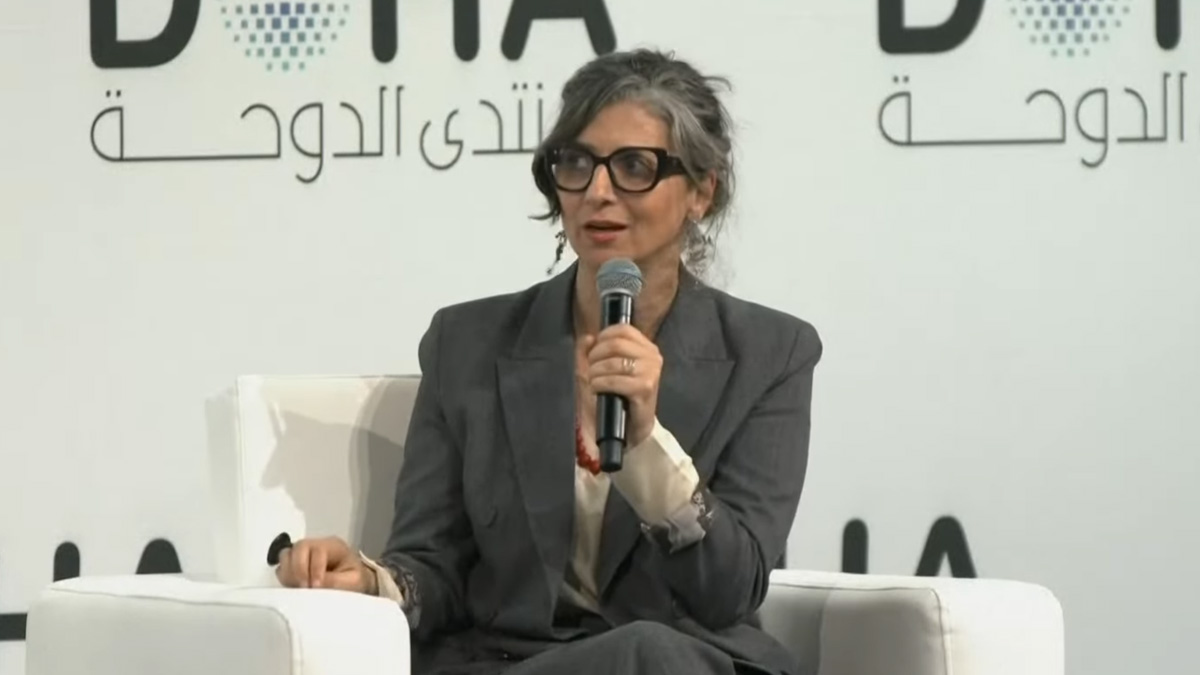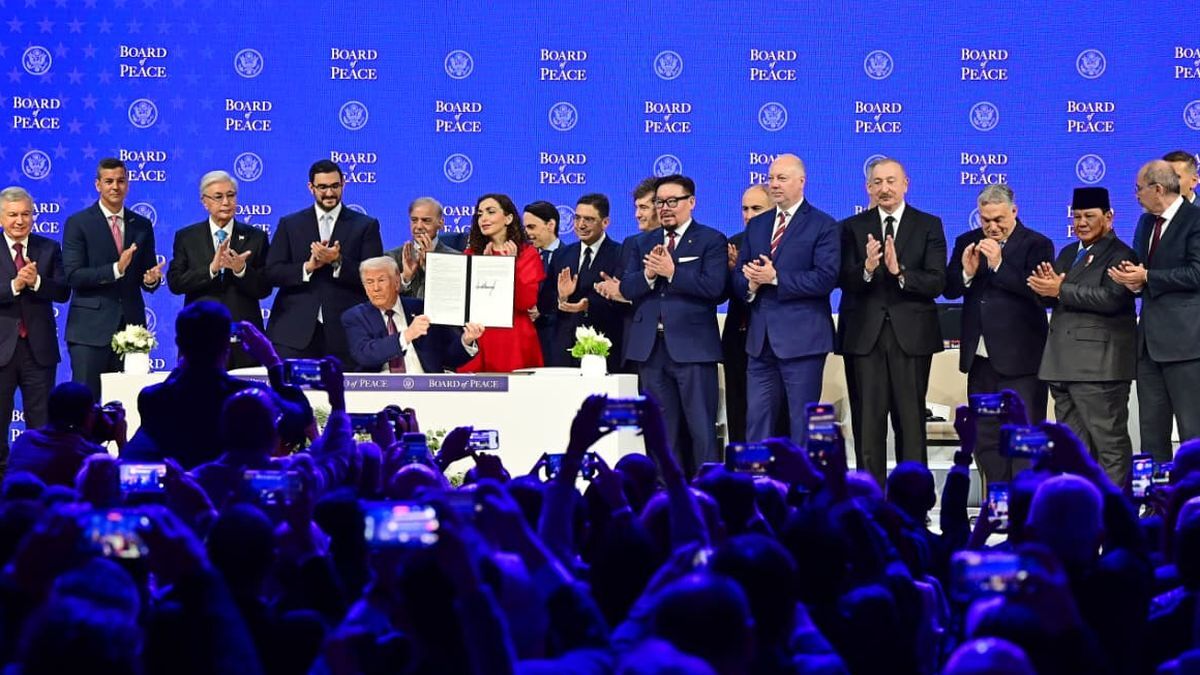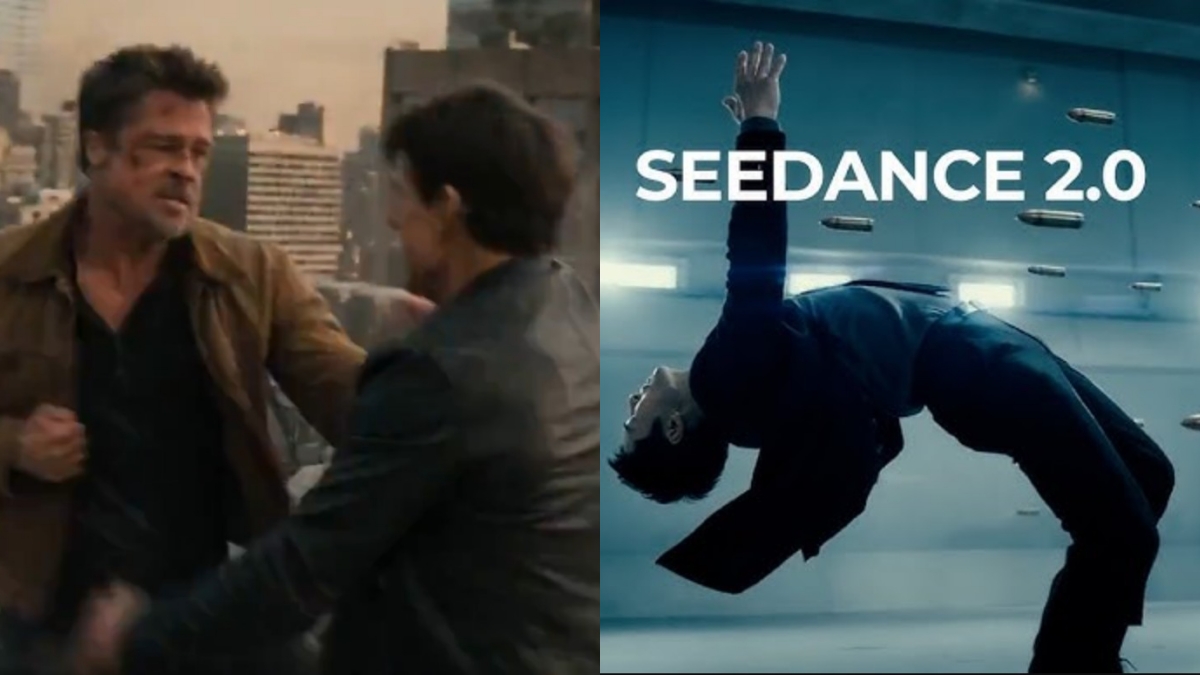Russia's AIdol robot falls during first public showcase in Moscow
Russia’s first home-grown AI humanoid robot, AIdol, fell during its debut demonstration in Moscow, drawing fresh attention to the country’s struggle to keep pace with U.S. and Chinese advancements in robotics. The machine lost its balance shortly after entering the stage, prompting staff to cut the showcase short before later bringing it back for a stabilised appearance.

- AIdol, Russia’s first domestically produced AI humanoid robot, fell during its first public demonstration in Moscow, an incident the developer blamed on calibration and lighting issues.
- The robot can walk, manipulate objects, communicate, and generate a range of facial expressions through silicone skin; 77% of its components are Russian-made.
- The fall highlights Russia’s broader robotics challenges amid sanctions, talent shortages, and competition from advanced U.S. and Chinese manufacturers.
RUSSIA: Russia’s first domestically built AI-powered humanoid robot, AIdol, suffered an embarrassing fall during its initial public appearance this week.
The machine was unveiled at a tech event at the Yarovit Hall Congress Center in Moscow on 11 November 2025.
As it stepped onto the stage to the soundtrack of Rocky’s “Gonna Fly Now,” and briefly waved at attendees, it lost balance and collapsed.
Staff immediately covered the robot with a black cloth and carried it offstage, abruptly ending the presentation.
Vladimir Vitukhin, CEO of Moscow-based startup Idol, later attributed the incident to calibration problems, saying the robot’s stereo cameras may have reacted poorly to lighting inside the hall.
Speaking to the audience after the fall, he described it as part of the robot’s real-time learning process.
“This is real-time learning… I hope that this mistake will turn into an experience,” he said, according to Newsweek.
When the team later brought AIdol back onto the stage, it managed to stay upright with support from handlers. Vitukhin said the robot was not damaged.
AIdol’s Capabilities and Facial Design
AIdol is designed to handle three main tasks: walking, manipulating objects, and interacting with people.
Idol says the robot can operate autonomously for up to six hours. Its face, covered in flexible silicone skin, is built to show at least 12 standard emotions along with hundreds of smaller microexpressions.
TechEBlog noted that the robot’s facial system plays a central role in its design.
The silicone layer conceals actuators intended to produce subtle movements—smiles, furrowed brows, widened eyes—making its expressions appear more lifelike.
During the demo lectures, Vitukhin told spectators the robot could “smile, think and respond with surprise.”
Domestic Component Use and Sanctions Pressure
According to the company, 77% of AIdol’s components are manufactured in Russia, with plans to raise this to 93% when mass production eventually begins.
However, Russia remains under extensive Western sanctions linked to the invasion of Ukraine, limiting access to high-end electronics, semiconductors, and other essential robotics components.
Since the start of the war, Russia’s robotics sector has faced sustained obstacles as international manufacturers left the market and engineering talent became increasingly scarce.
Lagging Behind Global Competitors
AIdol’s troubled debut underscores Russia’s distance from global leaders in robotics. Boston Dynamics’ Atlas robot, for example, can perform parkour and manipulate objects using machine-learning-driven vision systems.
Chinese companies have also made rapid progress; just last week, Elon Musk stated that “Tesla and China companies will dominate the [robotics] market.”
AI as a Strategic Priority for the Kremlin
President Vladimir Putin has repeatedly framed artificial intelligence and robotics as essential to Russia’s global competitiveness.
In a well-known 2017 address, he called AI “the future, not only for Russia, but for all humankind,” cautioning that whoever leads in the field could “become the ruler of the world.”
He also warned against monopolisation of AI technology and said Russia would share its AI developments “the same way we share our nuclear technologies today.”
In February, Putin signed a 40-page decree updating Russia’s National AI Development Strategy through 2030.
The document cited “unilateral restrictive measures introduced by unfriendly countries” as creating new obstacles for Russian development.
It also emphasised the need for “sovereign artificial intelligence” built on Russia’s own cultural and linguistic foundation rather than Western frameworks.
Future Applications and Unanswered Questions
Idol envisions AIdol being deployed in manufacturing, logistics, and customer-facing settings including banks and airports.
However, the company has not disclosed which AI system powers the robot or when large-scale production is expected to begin.







